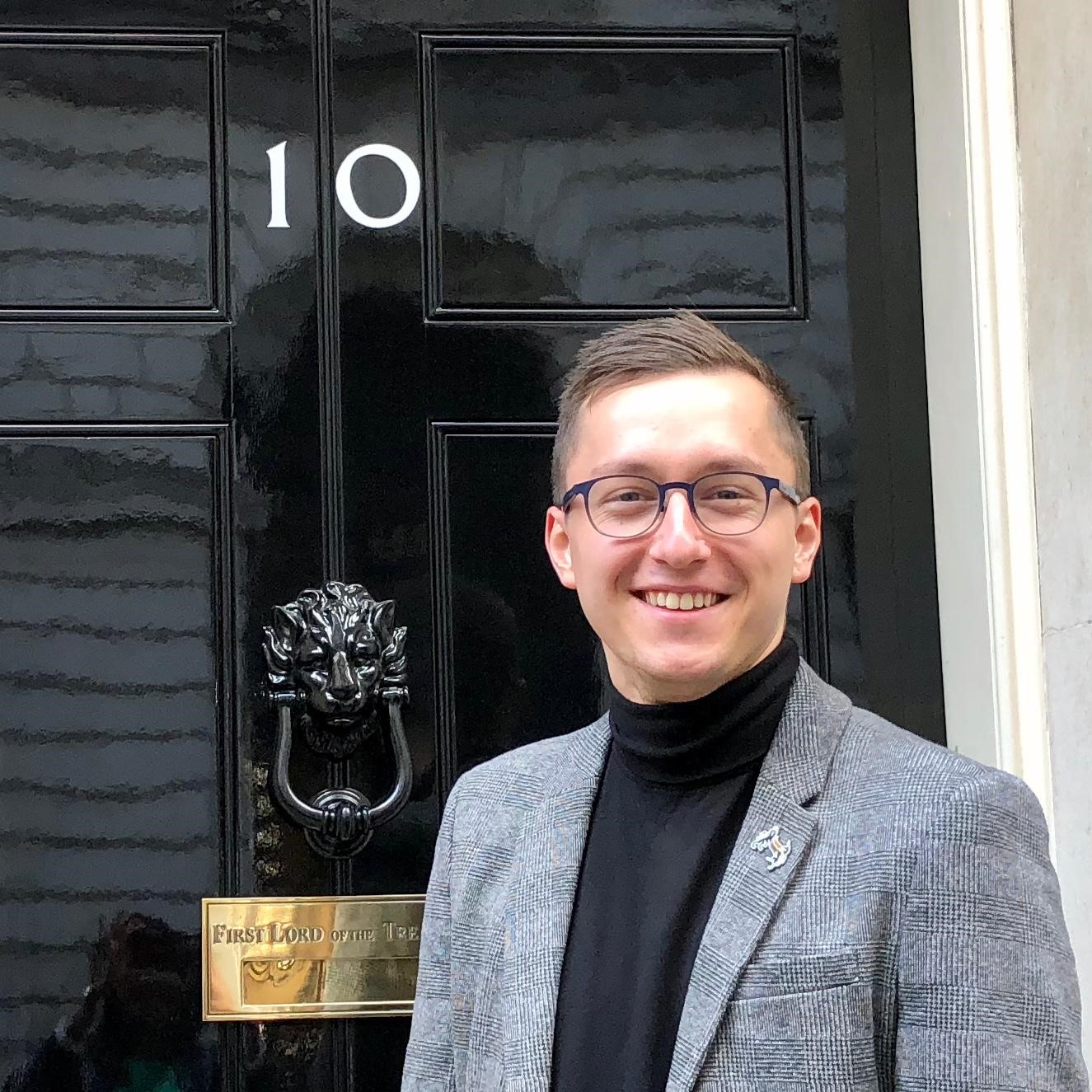Getting the team together
We've been setting up some teams to work on some new things. Here's an update on how it's going.
Earlier this year, we published our business plan and we asked for volunteers from across the Civil Service to help us deliver it. Thanks to everyone who’s come forward so far to help.
Since then, we’ve busy contacting everyone who said they’d like to get involved, figuring out what they’re interested in, and putting them into teams. We wanted to tell you a bit about them and what they’re going to be doing.
The teams we’re setting up
We’re setting up the following teams:
- a team to help us to help with our communications
- a team to help with our boards, rules and decision making
- teams in each part of the UK, made up of local organisers and social coordinators
- a set of teams to help us deliver some specific projects
This post tells you about our new the project teams. If you’d like to get involved in these teams – or with any of our other work – then get in touch with us.
The project teams
Allies
We know allies are an important part of creating inclusive workplaces. We’ve set up a team to think about how to build a network of allies across the Civil Service, and how to get them focused on helping with things LGBT+ staff need.
We don’t know yet whether this will be about creating a national network of volunteers, or about helping departments build their own: the team are looking into what might be most useful first before they go on to set it up.
Analysis
One of the best sources of information that departments get about the experiences of their staff is from the Civil Service People Survey. Each year, the Cabinet Office analyses the results by sexual orientation for each department. Soon, they’re going to start producing gender identity breakdowns so we understand the experiences of transgender staff better too.
But the People Survey results themselves are challenging to interpret; and we know many people struggle with them. We’re asking this team to make some sense of the People Survey, so that networks can use them as a more effective influencing tool inside their departments.
Bi inclusion
Last year, one of our volunteers – Mary – ran a consultation on the experiences of bisexual, pansexual, queer and asexual staff in the Civil Service. Now we’ve set up a team to implement the recommendations from the consultation.
Campaigns
We want to make sure all parts of the LGBT+ communities are visible. We’ve set up a team of volunteers to scope out what we’re calling “campaigns” to help with that.
We’ve asked this team to create toolkits that are usable in any Civil Service office in the country, so that anyone, anywhere, can run an event, put a spotlight on an issue, or highlight an important day in the LGBT+ calendar.
Inclusive Policy and Workplace Equality Index team
One important way that departments use to measure how inclusive they are for LGBT+ staff is the Stonewall Workplace Equality Index. Many departments enter the Index, with varying degrees of success. We know departments find it time consuming to enter the Index, and that they get frustrated when the things that all Civil Service organisations do the same get given different scores.
To try to fix this, we’ve asked the team to look at what policies and processes exist that are common across departments. If those policies are already inclusive, they’re going to work with the Civil Service team responsible to create model, baseline answers to questions in the Index. If the policies aren’t inclusive, they’ll work to make them inclusive and then develop those model answers.
If we get this right, we can reduce the amount of time networks need to spend filling in the Index about things they don’t control, and focus more on the things they can and that are unique to them. It’ll also help us start to tackle the long tail of issues that exist across the Civil Service, even for those who don’t enter the Index.
Mentoring
Over the years there has been a consistent ask for a mentoring scheme run by our network. We know there are a lot of mentoring opportunities in the Civil Service, so we want to make sure that anything we do complements, rather than duplicates that. Before they start establishing a scheme, the team will be going out and asking what you might want from a mentoring scheme. They’ll be asking things like:
- are people looking for a senior LGBT+ role model?
- are they looking for senior mentor, but someone who specifically wants to mentor an LGBT+ person?
- are they looking for a reverse mentor?
Look out for more on this in the coming months.
Get involved
We’ve had lots of people come forward so far to help: but many hands make light work, and we’re always looking out for people who want to lend a hand. If you’d like to take part in any of these teams, please contact us and we’ll link you up with the right team.
